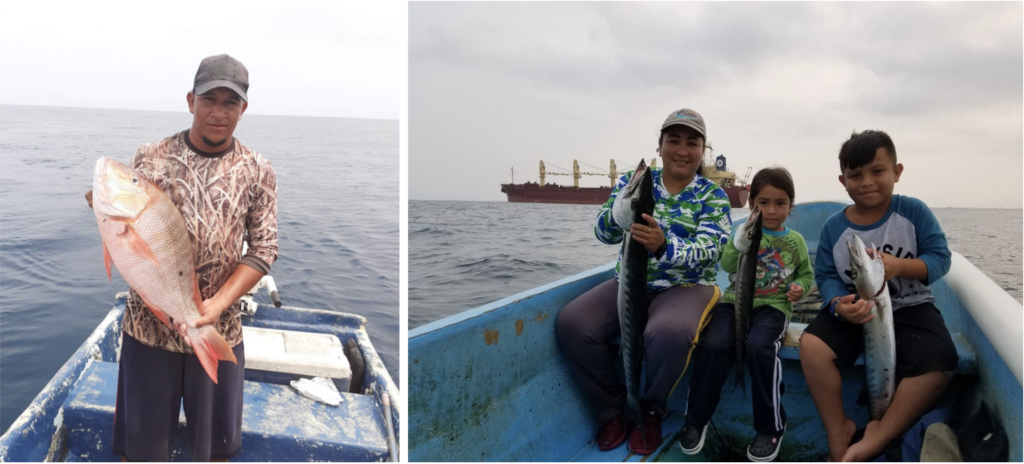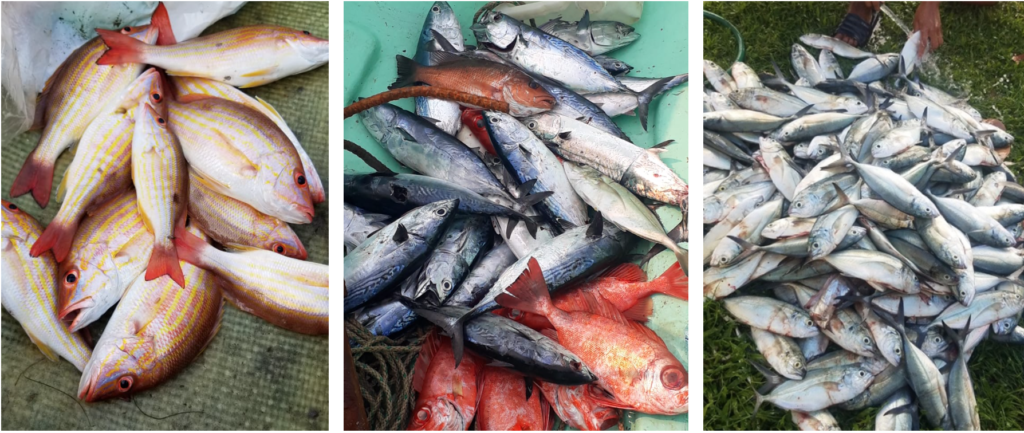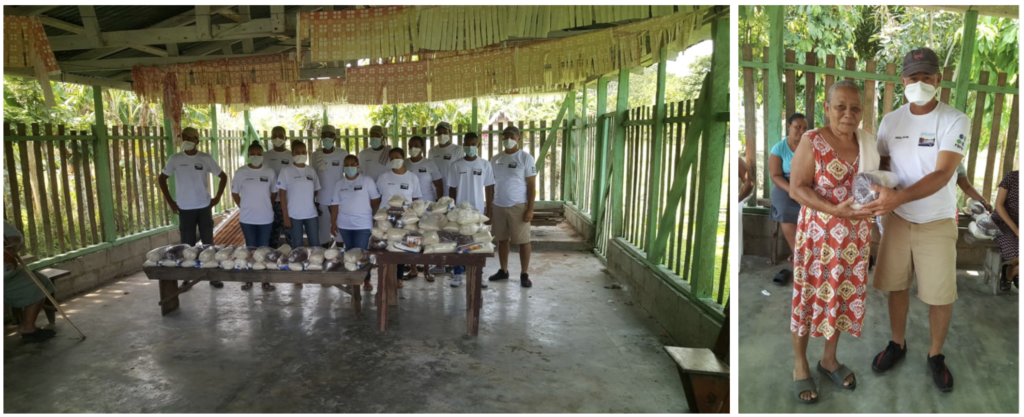
What used to be a routine trip for artisanal fisher Carlos Portillo has turned into an odyssey. Every few weeks, Carlos would travel from his remote coastal town in Honduras to the nearest city to stock up on beans, rice, flour, and, when fishing was good, even some meat. But as borders shut down and restrictions tighten as a result of the COVID-19 pandemic, Carlos and many like him are starting to worry about their ability to access basic food staples and household supplies.
World attention has been tuned to the spread of the novel coronavirus and focused on the urban epicenters of the crisis and the closure of major parts of the economy. But in rural villages in developing countries like Honduras, a broader story from lives that have always been largely out of view, is emerging. And while there is no escape from the impacts of this crisis, the struggles of coastal villages like Carlos’s, where residents fish local waters and farm small plots of land, are coming into sharp relief.
As long as there is fish in the sea, there is hope. We might not be able to sell our product, but we can still fish to feed our families and neighbors.”
Like the rest of the world, the communities across this Central American nation’s Caribbean coastline are hurting. “Before this crisis I would sell up to 400 pounds of fish a week. For the past two weeks, I’ve been unable to sell even a pound,” explains fisher Elvis Rodríguez. With shelter-in-place orders, the local traders that normally buy the daily catch from fishing communities and resell it in local towns, have stopped coming. Without cold storage to save fish for later, most fishers have no option but to decrease their fishing trips, foregoing income on potential catches.
But as local livelihoods take a hit and uncertainty grows, Honduran rural communities are recognizing that they do have safety nets to fall back on.
The ocean is providing one of the most important safety nets, sustaining thousands of households along Honduras’s north coast. “As long as there is fish in the sea, there is hope. We might not be able to sell our product, but we can still fish to feed our families and neighbors” says Edgardo Padilla, a fishing leader from a community not far from Carlos’s village.

In periods of crisis, healthy fisheries are crucial. And now, Honduran fish traders like Lucas Martínez are demonstrating why social capital and social cohesion are essential too. Lucas has shifted the operations of his fish buying business to guarantee his community’s food security. “My biggest priority right now is that our families have immediate access to fish. If any local fishers have extra catch for sale, I’ll buy it and store it to sell elsewhere in the future. But I’ll only sell it once I’ve ensured everyone here has something to eat,” he says. For a town struggling with shortages of food and basic goods, Lucas’s decision has been a lifeline.
Two hundred miles west, the small fishing village of La Sabana teaches us a similar lesson. Wearing face masks and rubber gloves, a group of twelve huddle around a table in the town’s community center as they stuff bags with beans, rice, and flour. Led by schoolteacher and club treasurer Doris Mejía — known locally as Doña Doris –, the group spends the morning preparing fifty of these bags to distribute among community members in need.
The crew of twelve are part of La Sabana’s savings club, which Rare and its local partner, the Center for Marine Studies, established last year as a way to help people in coastal communities save for the future. Savings clubs channel money into two pools, a savings fund and a social fund. The savings fund is available for loans and to share among members, along with interest-derived returns, at the end of the saving cycle. The social fund is used for emergencies, to cover members’ health expenses or other unexpected things that life throws at them.
While no COVID-19 cases have been reported in La Sabana, the virus has impacted the livelihoods of most of the forty families that live in the community. It wasn’t hard for savings club members to unanimously decide to invest their social fund of $185 in food staples to help ease the lockdown’s economic blow to the community as a whole.

As she takes a break from her bag filling duties, Doña Doris reflects on the ways relationships and coordination within the community have improved thanks to the savings club: “Doing something like this a year ago would have been unthinkable. We wouldn’t have had the money or the incentive. We are a closer-knit community now, thanks to the savings club. We trust each other more, and we are more giving.”
Since June 2019, the fourteen people in La Sabana’s club have collectively saved 46,240 lempiras — approximately US $2,000 dollars. In the absence of banks or credit cards, clubs like these are helping people across the entire north coast weather the storm. “We are relying on these savings and loans to sustain our families and buy food during this crisis. If we hadn’t organized these clubs, what would we have done?” says Digna López, the president of another club in the neighboring community of Las Flores.
Savings clubs not only provide economic safety nets by serving as mechanisms for families to save and borrow in the absence of formal financial services, they also play an important role in building community cohesion, increasing trust, and improving communication among members. All these elements can factor into how well a community fares during an external shock, and how fast it recovers. Through tools like savings clubs, Rare is helping communities in Honduras and elsewhere weave a tighter social fabric.
By counting on nature and each other to get through difficult times, Honduran communities are reminding the world that we must invest in ecological, social, and financial resilience for now and the future.
Worldwide, small-scale fisheries represent an important source of food, income, and wellbeing for hundreds of millions of people, and contribute an estimated $10.7 billion a year to the informal economy. Through its Fish Forever program, Rare inspires fishers and fishing communities to adopt sustainable fishing behaviors and empowers them to effectively manage their marine resources. By pairing effective management with networks of fully protected reserves, Rare’s work safeguards critical marine habitats and restores the fish stocks that coastal communities rely on, in good times and bad. Fish Forever also helps coastal households capture, retain and build wealth and increase their financial security through financial services like savings clubs. To date, more than 200 clubs have saved over $2 million dollars within Fish Forever communities around the globe.